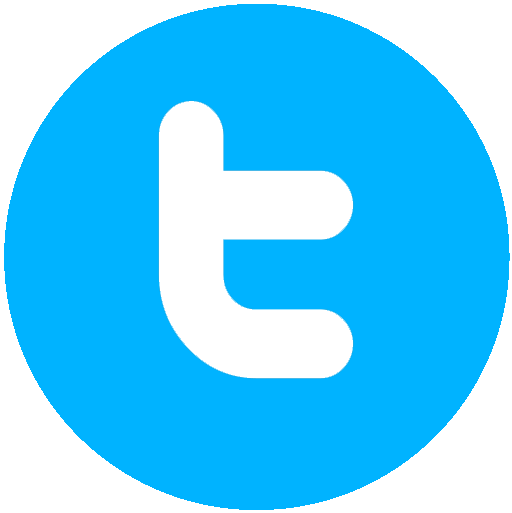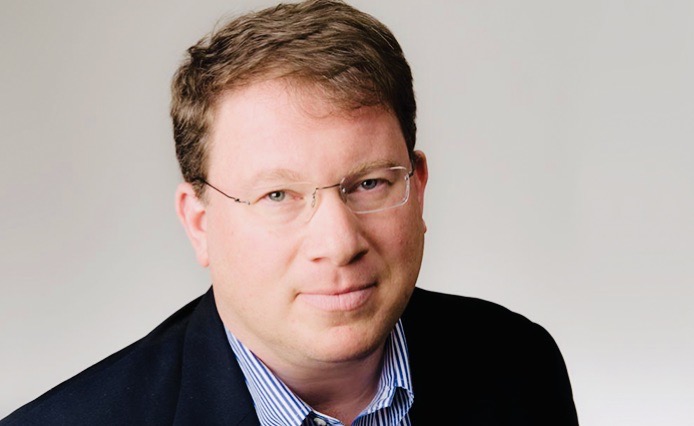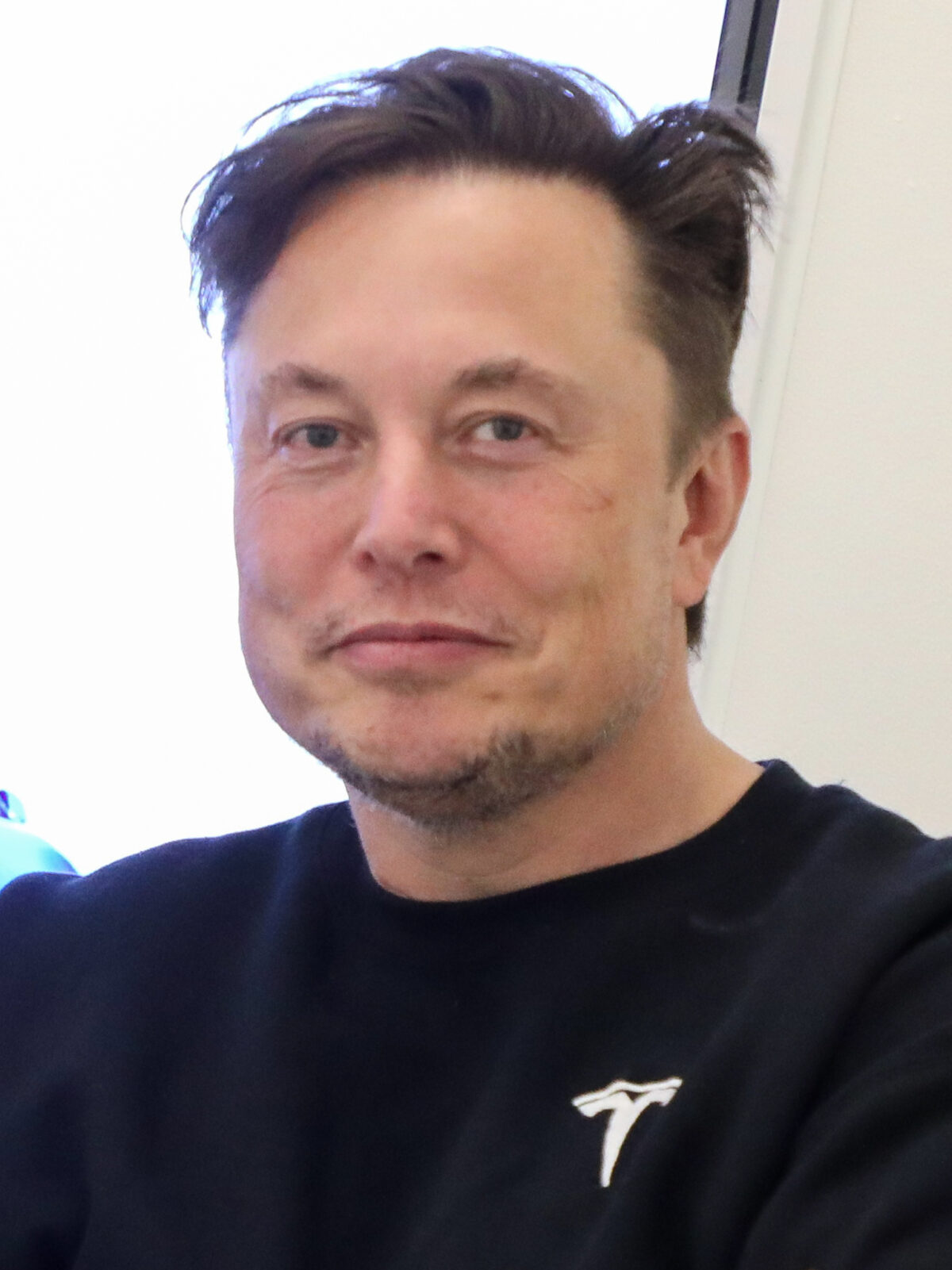Billionaire entrepreneur Elon Musk, having purchased the giant social media company Twitter for a cool $44 billion, has said he would be receptive to welcoming back former U.S. president Donald Trump to the platform.
I can live with Trump’s reappearance on Twitter, his blatant and dangerous lies and half-truths about the last U.S. presidential election notwithstanding.
What I most worry about now is whether Musk — a libertarian and a free speech absolutist — will also welcome back neo-Nazis and white supremacists who were banned for having promoted racial hatred and Holocaust denial and encouraged outright violence.
Musk, the world’s wealthiest person, has not addressed this burning issue since he announced his intention to purchase the platform, but it weighs heavily on those who fear that Twitter under his ownership could return to an earlier version of itself, when content oversight and moderation were minimal and extremist views were all too common.

In its idealized form, Twitter performs a very important function, disseminating a cross-section of differing ideas and philosophies, a hallmark of a thriving democracy. But sadly enough, Twitter is plagued by a dark side. In accordance with the beliefs of its co-founder and former chief executive officer, Jack Dorsey, it crossed a red line by degenerating into “a cesspool for antisemites and racists,”as Jeffery Goldberg, the editor of The Atlantic, has aptly noted.

This disturbing process picked up momentum in 2016, when Trump announced he would enter the race for the Republican Party’s presidential nomination. Amid the heated rhetoric of the campaign, Jewish journalists like Jonathan Weissman and Julia Joffe became the targets of vicious verbal abuse on Twitter from a new, pro-Trump right-wing movement known as the alt-right.
Belatedly acknowledging the problem, Twitter in 2016 suspended several high-profile users, most notably Richard Spencer, the alt- right’s chief theoretician.
Two years later, with the Anti-Defamation League reporting that more than four million antisemitic tweets had been published in English alone in 2017, Twitter banned far-right figures such as Gavin McInnes, the founder of the Proud Boys, and Alex Jones, a conspiracy theory advocate.
In 2020, Twitter issued an official condemnation of antisemitism, adding that “hateful conduct has absolutely no place on our service.”
Last year, following the January 6 insurrection on Capitol Hill in Washington, D.C., Republican congresswoman Majorie Taylor Greene’s personal Twitter account was banned after she repeatedly shared patently false information about the coronavirus pandemic.
As the Anti-Defamation League has acknowledged, Twitter has made strides in dealing with the scourge of racism and the tide of misinformation regarding current events.
But now that Musk is poised to take over Twitter, pending an investigation to ascertain whether fake or spam accounts represent less than five percent of users, it is incumbent on him to explain his views in full. With the ball in his court, so to speak, Musk is obliged to be completely honest and transparent with shareholders and users alike.
The question he should answer truthfully is whether free speech can also mean hate speech. If it does, Musk would be opening the floodgates to abominable racists and antisemites. He would be contributing to the destabilizing polarization that afflicts the United States and other countries.
Musk, at the very first opportunity, should address this issue candidly. And he should do so before the sale of Twitter is officially finalized.
